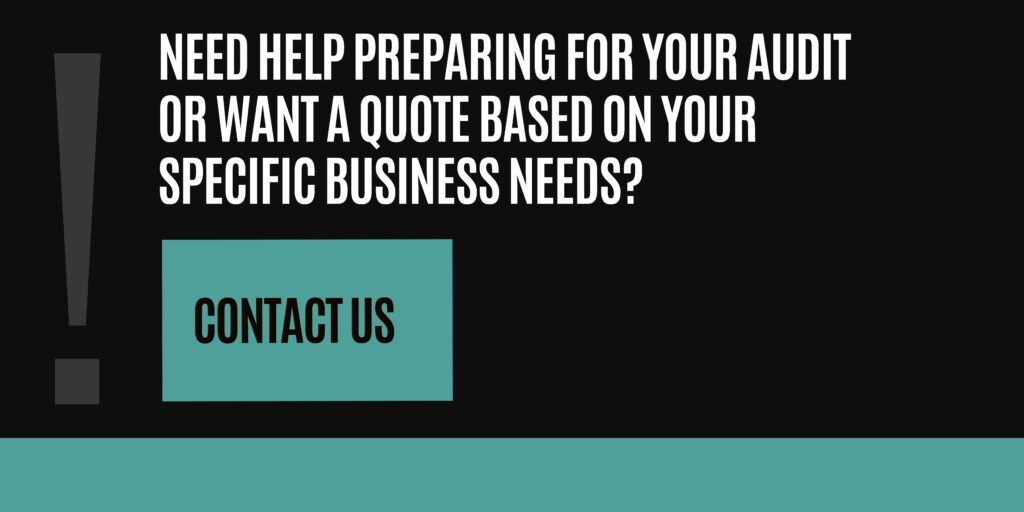If you’re running a business in South Africa, chances are you’ve either gone through an audit or are preparing for one. And one of the biggest questions that comes up is: how much does a financial audit actually cost?
The short answer? It depends. But don’t worry — in this article, we’ll break it all down in plain, simple language so you know what to expect and how to budget for it.
What Exactly Is an Audit?
Before we get into the numbers, let’s quickly cover what an audit is. A financial audit is when an independent auditor reviews your company’s financial records to make sure everything is accurate and complies with the law.
This is especially important for companies that are required by law to have their financials audited (statutory audits), or those that just want an internal check to make sure all systems are working as they should (internal audits).
What Factors Affect the Cost of an Audit?
There’s no one-size-fits-all price tag when it comes to audit fees. Several things affect how much you’ll pay:
- Type of Audit – A statutory audit (which is required by law for some companies) can be more thorough than an internal or voluntary audit.
- Size of the Business – Bigger companies usually have more complex operations and transactions, which means more work for the auditor.
- Complexity of the Financials – If your company has many departments, a long list of assets, or operates across multiple countries, expect to pay more.
- Preparation & Recordkeeping – If your books are well-organized and you’re ready for the audit, the process is quicker and cheaper.
- Industry Regulations – Businesses in industries like finance or health might have stricter requirements, adding to the cost.
Now let’s look at some typical price ranges.
Average Cost of an Audit in South Africa
To give you a rough idea of audit fees in South Africa, here’s a breakdown based on business size and type of audit:
1. Small Businesses
- Type of Audit: Statutory or voluntary
- Expected Cost: R15,000 to R50,000
- This would typically include basic audit procedures, checking compliance, and giving you a full audit report. If your business is still young but legally required to be audited, keep your records clean to avoid extra charges.
2. Medium-Sized Entities
- Type of Audit: Usually statutory and more comprehensive
- Expected Cost: R50,000 to R200,000+
- These audits involve more in-depth reviews of internal controls, financial reporting standards, and possibly multiple locations or divisions.
3. Large Companies
- Type of Audit: Statutory, internal, and sometimes specialized audits (like IT or forensic audits)
- Expected Cost: R250,000 to R1 million+
- At this level, audit firms often assign dedicated teams to handle large volumes of data and risks.
Keep in mind, these are just ballpark figures. The average cost of an audit can shift depending on how complex your operations are and how ready your books are.

Internal Audits vs. Statutory Audits: What’s the Price Difference?
- Internal audits tend to be more flexible and are often used by businesses that want to improve internal processes or reduce risk. These are usually charged on an hourly basis or per project — typically from R1,000 to R3,000 per hour, depending on the expertise required.
- Statutory audits, on the other hand, follow strict legal standards and can’t be skipped. These are usually priced as fixed packages based on your annual turnover, number of employees, and business structure.
Can You Negotiate Audit Fees?
Yes — to some extent. If your financials are clean, your records are well-kept, and you’ve worked with the same audit firm before, you may be able to negotiate a lower rate or request a bundled package. Also, ask if they offer discounts for repeat audits or early preparation.
Final Thoughts: What’s the Best Way to Budget?
The best way to plan for audit fees is to talk to a qualified accounting or audit firm early on.
At Zuva Financial Services, we help you understand exactly what type of audit you need — and how to keep your costs manageable. Whether you’re a small startup or a growing enterprise, our team will guide you through the process so you’re never caught off guard.






